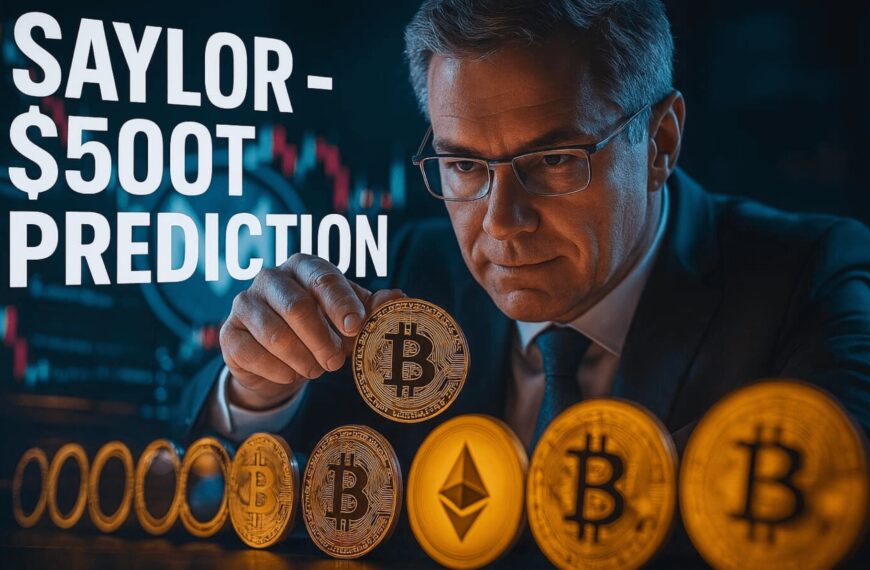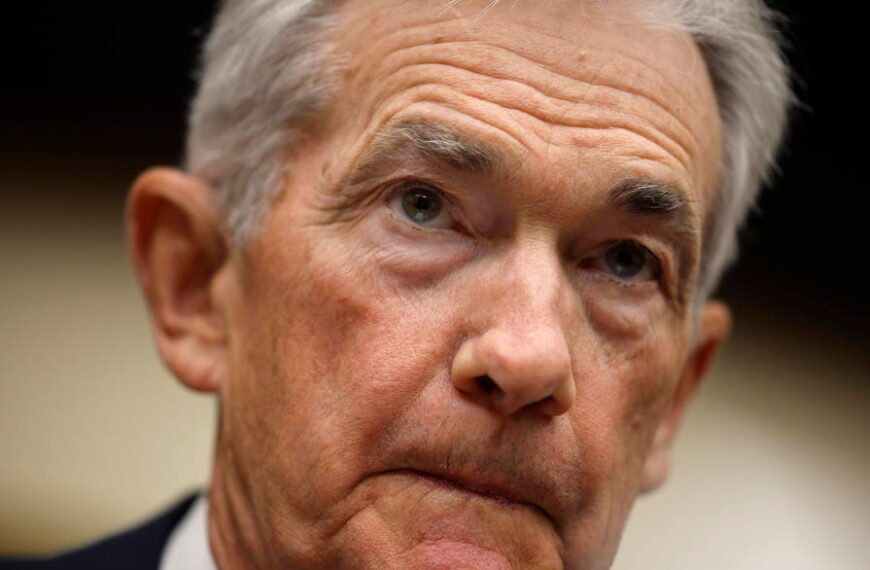SBI VC Trade to Introduce Support for USDC as Regulatory Barriers Ease in Japan
Introduction to SBI VC Trade and USDC Support
SBI VC Trade, the cryptocurrency subsidiary of Japan’s prominent financial institution SBI Holdings, is making significant strides in the digital currency landscape. The firm is set to introduce support for Circle’s USDC stablecoin, marking a major milestone as regulatory barriers begin to ease in Japan. This move comes as part of a broader trend of regulatory reforms aimed at fostering the growth of the cryptocurrency sector within the country.
Registration and Regulatory Approval
On March 4, SBI VC Trade officially announced that it has completed the essential registration process required to facilitate USDC transactions. This registration allows the company to operate as an electronic payment instrument trading business operator, as recognized by the Kanto Regional Financial Bureau’s Tokyo office.
Key highlights include:
- SBI VC Trade is now the first and only company in Japan to obtain a stablecoin license.
- CEO Tomohiko Kondo confirmed the company’s commitment to fully integrating USDC support.
- The move signals a significant shift in Japan’s regulatory stance on stablecoins.
Trial Phase and Full Rollout Plans
Starting March 12, SBI VC Trade will launch a trial phase for select users, allowing them to engage with USDC transactions in a controlled environment. The broader rollout is expected to follow soon after the trial, aiming to provide more users with access to this innovative financial tool.
Kondo’s announcement highlighted the importance of this development within the context of Japan’s evolving regulatory landscape. With stablecoins gaining acceptance, SBI VC Trade is poised to become a leader in this segment of the market.
Regulatory Changes in Japan
Japan’s recent regulatory reforms are pivotal in paving the way for the adoption of stablecoins. In 2023, Japan lifted its ban on foreign crypto stablecoins, which previously restricted companies from offering such products. The Financial Services Agency (FSA) has also approved policy recommendations to further relax stablecoin regulations, recognizing their vital role in enhancing digital finance.
FSA Commissioner Hideki Ito’s Support:
During the Fin/Sum 2025 event, Commissioner Ito expressed optimism about stablecoins, stating that they could enhance various financial services, particularly in improving remittance and settlement processes. This endorsement from a key regulatory figure underscores the growing acceptance and potential of stablecoins in Japan.
Partnerships and Current Offerings
Beyond the introduction of USDC, SBI VC Trade and its parent company have established partnerships with leading U.S. firms, including Ripple. The platform is already known for supporting a diverse range of cryptocurrencies, including Bitcoin (BTC), Ethereum (ETH), and XRP, making it a comprehensive option for crypto enthusiasts in Japan.
Tax Reforms Impacting the Crypto Landscape
In addition to regulatory changes surrounding stablecoins, Japan’s National Tax Agency has made significant adjustments to its tax policies regarding cryptocurrency. As of June 20, 2023, the agency revised its law to exempt crypto token issuers from a 30% corporate tax on unrealized gains. This decision aims to invigorate Japan’s blockchain and cryptocurrency sectors, aligning with Prime Minister Fumio Kishida’s vision of promoting “new capitalism.”
However, crypto investors should remain aware that they will still be subject to a maximum income tax rate of 55% on any earnings exceeding JPY 200,000 ($1,797), categorized as “miscellaneous income.” The approval of these tax reforms is contingent upon the decisions made by both chambers of the Japanese parliament.
Future Developments and Regulatory Clarity
Recently, the FSA proposed an amendment to the definition of Article 2 of the Financial Instruments and Exchange Act. This move aims to provide clarity on the legal nature of Decentralized Autonomous Organizations (DAOs), their operational rules, and the rights of members. The proposed amendment intends to treat a specific token, termed the “Limited Company Type DAO Employee Rights Token,” similarly to regular limited liability company (LLC) member rights.
By easing regulations on employee rights in tokenized LLCs, the FSA is working to streamline the operations of DAOs, further fostering innovation in the cryptocurrency space.
Conclusion
As SBI VC Trade prepares to introduce support for USDC, the company is at the forefront of a significant transformation within Japan’s cryptocurrency market. The easing of regulatory barriers, combined with supportive tax reforms and endorsements from key financial authorities, positions Japan as a burgeoning hub for cryptocurrency innovation.
With the trial phase set to commence soon, the anticipation among users and investors is palpable. As the landscape continues to evolve, SBI VC Trade’s initiatives could very well set a precedent for other financial platforms in Japan and beyond. The future of cryptocurrency in Japan looks promising, and the integration of stablecoins like USDC is a vital step in embracing a more digital financial ecosystem.





